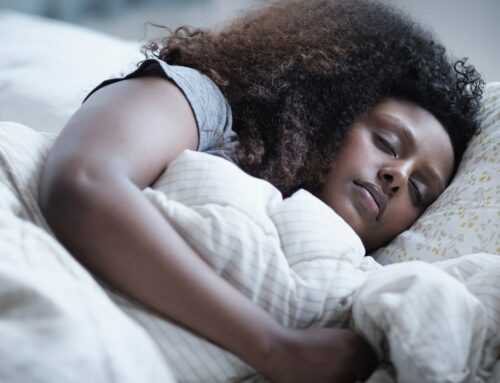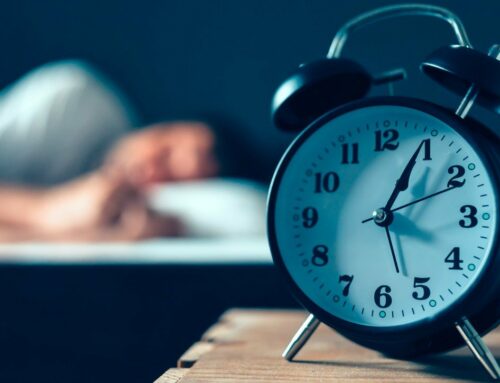Quality sleep is essential for optimal cognitive functioning and overall emotional wellbeing. While some children and adults may suffer from sleep disorders or other medical issues that disrupt sleep, sometimes the solution to restless or interrupted sleep is as simple as changing one’s sleep habits.
Good sleep hygiene consists of predictability and calming cues. Bedtime routines should be the same every night, including both timing and behaviors. For a young child, this may mean taking a bath followed changing into pajamas, followed by one book and one song. This routine should begin at the same time every night. For both children and adults, it is essential to eliminate any stimulating activities, including television/screen time, at least one hour prior to sleep.
Turn lights down at the start of the routine to set the proper mood for sleeping. Adults who are having difficulty falling asleep should not spend more than 20 minutes at a time awake in bed. After 20 minutes, they should get out of bed and engage in a calming activity, such as reading a book or writing in a journal, and then they can try to fall asleep again. If you continually suffer from sleeplessness and have been practicing good sleep hygiene, please consult a professional to get help.
To learn more about sleep patterns and the best ways to ensure a restful night for both you and your children, call Georgetown Psychology Associates at (202) 333-6251 or fill out our online contact form.



